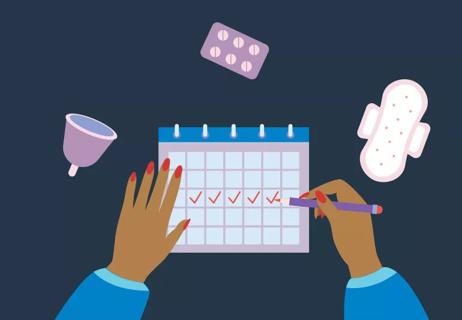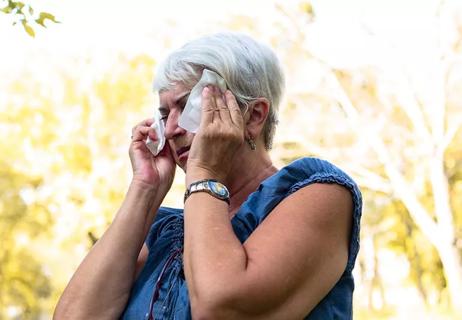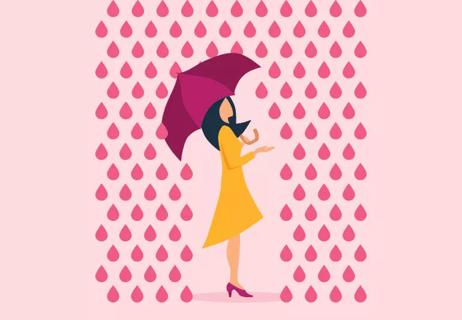
… 30-second stretch sessions multiple times throughout the day will ultimately help with holding poses for longer periods later.Talk with a healthcare providerIf stretching daily isn’t doing the trick, it may be time …

… medications or have a condition like endometriosis, uterine polyps or polycystic ovary syndrome (PCOS).The longer your period lasts, and the later in your period you have unprotected sex, the more likely you are to …

… can take a toll.Overuse of the joint or keeping it in an awkward position for long periods (more on that later) can aggravate your bursae. That irritation leads to the swelling and inflammation that …

… the McClintock Effect, researchers have investigated whether the phases of the moon can push a woman’s period to start earlier or later in the month.“Although the moon’s pull affects the ocean’s …
Advertisement
Cleveland Clinic is a non-profit academic medical center. Advertising on our site helps support our mission. We do not endorse non-Cleveland Clinic products or services. Policy

… layers of skin.Exposure to amniotic fluid: Vernix gets thinner with time. Babies with a longer gestational period (born full-term or later) typically arrive with less vernix — and less protection from amniotic fluid. “When …

… such as a person’s name, instructions or a grocery list — over and over, and rehearse it later in the day and again periodically. Reread a particular paragraph or sentence so you remember it.Improve …

You probably learned in high school that a menstrual period happens every 21 to 35 days (with most cycles occurring every 28 days). But there’s really no such thing as a “normal” period. Sure …

One day, you’re happily busting open peanuts at the ol’ ballgame, when suddenly, your lips are itching. It’s never happened before, and you wonder, What that’s all about? Or maybe you recently …

You peed on that little stick (or a few of them!) that confirms you’re pregnant. But now, you’re having some bleeding. Could you be having your period? Aren’t those supposed to stop …

If your monthly menstrual flow changes — getting heavier or lasting longer over time — it’s tempting to just buy pads or tampons that are more absorbent and put up with it, especially if you’re …
Advertisement
Advertisement